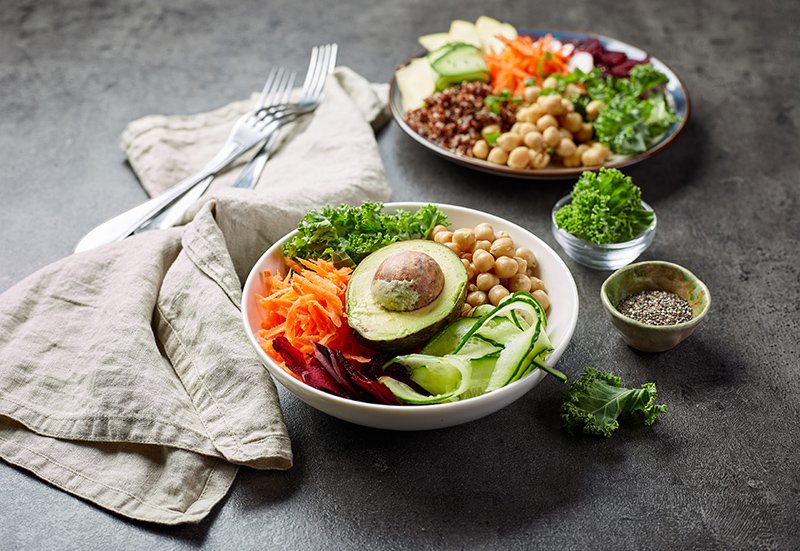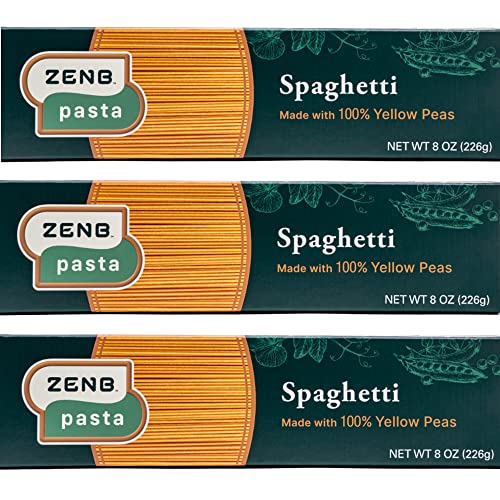Vegan powerlifting nutrition is the approach to eating that fuels a serious strength training and muscle building practice—all on a plant-based diet. In the United States, an increasing number of athletes are adopting plant-based diets.
They want to control inflammation, support recovery and still hit their intense protein requirements. Research from the Academy of Nutrition and Dietetics shows that well-planned vegan nutrition can provide all essential nutrients for powerlifting.
The next few sections outline practical strategies for realizing vegan performance potential.

Why Go Vegan for Powerlifting?
Going vegan for powerlifting is the new trend. Few trends excite me more than athletes’ desires to connect their nutrition to natural wellness and cleaner living.
In fact, numerous athletes have claimed that a vegan diet not only helps with muscle growth, but improves recovery. Pea protein and other legumes are a great source of branched-chain amino acids!
As an example, all of these American powerlifters—many from urban communities—now easily surpass 1200 lbs total on a vegan diet. With an increase in fiber from plant-based eating, digestive health will be improved, but you might need to focus on digestive enzymes.
Managing calorie intake, especially from fats like avocados, nuts, and seeds, is key. Some athletes eat over 3,000 calories daily to stay lean.
Science has shown that vegan athletes are capable of incredible feats of strength and endurance, all while maintaining optimal health.
Vegan Powerlifting Nutrition 101
Balancing macros and micros Macronutrient and micronutrient balance are key components of a vegan powerlifter’s nutrition plan. The science indicates that regular protein consumption needs to hit the range of 1.0–1.6 grams per kilogram of body weight in order to maximize muscle hypertrophy.
Foodstuffs such as lentils, tofu, and tempeh offer an abundance of quality plant protein. In the U.S., vegans are at risk for vitamin B12, iron, calcium, and vitamin D deficiencies.
In addressing this, fortified foods or supplements typically play the supporting character. For bone health, getting at least 1000 milligrams of calcium each day, together with plenty of vitamin D, is essential.
Supplementing with creatine, beta-alanine, or carnitine can help match performance outcomes of omnivores, especially as these nutrients are limited in plants.
Top Vegan Foods for Lifters
A mindful vegan philosophy of practice is a better fit for US powerlifters who prioritize strength, resilience, and lifelong flourishing.
Legumes such as lentils, chickpeas, and black beans provide a healthy dose of protein and fiber to fuel muscle repair and keep your digestive system happy.
Whole grains—brown rice, quinoa, and whole wheat pasta, for example—provide lasting power in hard workouts with their complex carbs and fiber.
Nuts and seeds, like almonds and seeds like chia and hemp, all provide excellent healthy fats and an additional protein punch.
Tour athletes like the convenience of soy, pea, or rice protein powders for quick muscle recovery too.
Recent research recommends a higher protein intake of 1.2 – 2.0 g/kg daily to support optimal performance and recovery.
On top of that, you want carbohydrates to comprise 55–60% of your total calories.
With thoughtful meal planning, every nutritional gap can be closed.
Nutrient Timing for Peak Lifts
Especially for vegan athletes who want to get as strong as possible without using animal products, timing nutrients for peak lifts is important. Current evidence-based recommendations indicate that providing protein in doses of 0.25 g/kg throughout the day optimally promotes muscle-protein synthesis.
Shoot for at least 1.6 g/kg per day! However, for the majority, even 1.0 g/kg is more than sufficient to retain muscle size and strength. Supplementation with creatine, readily available in vegan-friendly products, can increase bench press strength by almost 35 lbs.
Carnitine, when consumed with carbohydrates, increases carnitine levels in muscle by as much as 21% after a few months of supplementation, with the greatest effects seen in older adults. Vitamin D, a common deficiency among athletes, requires special consideration—more than half are found to be low.
When used thoughtfully, starting with small doses and building up, carnosine makes a huge difference in performance.
Essential Vegan Powerlifting Supplements

Planning and preparing meals for vegan powerlifting in the U.S goes beyond simply consuming healthy foods. Of all the supplements, creatine is the one with the most well-established benefits.
Another study demonstrates a staggering 13% increase in muscle carnitine and almost 16 kg increase on the bench press for vegans! L-carnitine is important, increasing plasma levels by 31% in plant-based athletes.
Protein is the most important nutrient for muscle gain and studies suggest intakes between 1.0–1.6 g/kg/day. Reaching 0.3 g/kg at least every three to five hours, with an emphasis on post-workout, ensures maximal synthesis.
It can be a challenge to consume adequate protein on a plant-based diet. No wonder pea, soy, or rice protein powders have become staples of urban American diets.
Hydration—minimum of 1 ml per calorie consumed—and a slight 10–20% calorie surplus help too.
Your Vegan Powerlifting Meal Plan

Overall, a well-structured vegan powerlifting meal plan in the U.S. Would prioritize nutrient density while maintaining energy balance. This is bad enough for an experienced athlete, who will be shooting for 3,000-4,000 calories a day, particularly during heavy training or a bulking phase.
This plan relies on diverse protein sources—like tofu, tempeh, lentils, and black beans—to hit daily protein targets critical for muscle repair. Most powerlifters like to meal prep to cut down on grocery store visits and prevent the risk of missing important nutrients.
Plenty of high fiber from whole grains, legumes, and vegetables keeps digestion on point. It contributes to bloating, so some lifters add in vegan protein powders and/or digestive enzymes to strike the right balance.
Studies indicate that these meal plans can lead to significant improvements in body composition and insulin sensitivity, paving the way for long-term health.
Conclusion: Building Strength With Plant-Based Nutrition
A deeper look into vegan powerlifting nutrition uncovers an effective method of strength training that promotes both performance and health. Plant-based meals, when planned with attention to protein, iron, calcium, and vitamin B12, deliver the fuel lifters need without relying on animal products. Research from bodies such as the Academy of Nutrition and Dietetics indicates that vegan athletes are more than capable of reaching their muscle-building goals. They accomplish this through thoughtful food selection and purposeful timing. By combining whole grains, legumes, nuts, and fortified foods, vegan powerlifters receive sustained energy and promote optimal recovery. In the U.S., the added accessibility of having abundant diverse plant-based options available makes everyday meal planning even more approachable. With an emphasis on nutrient density and balance, vegan lifters have the potential to truly flourish—supporting health, vitality, and most importantly strength, effortlessly.







